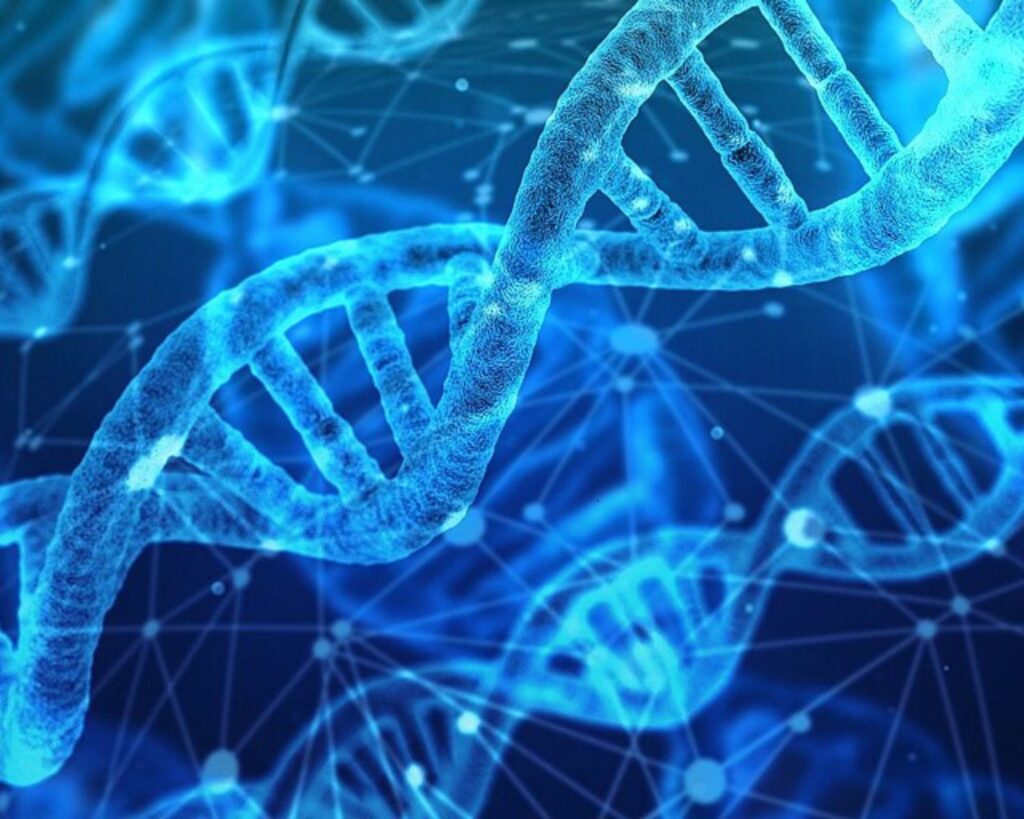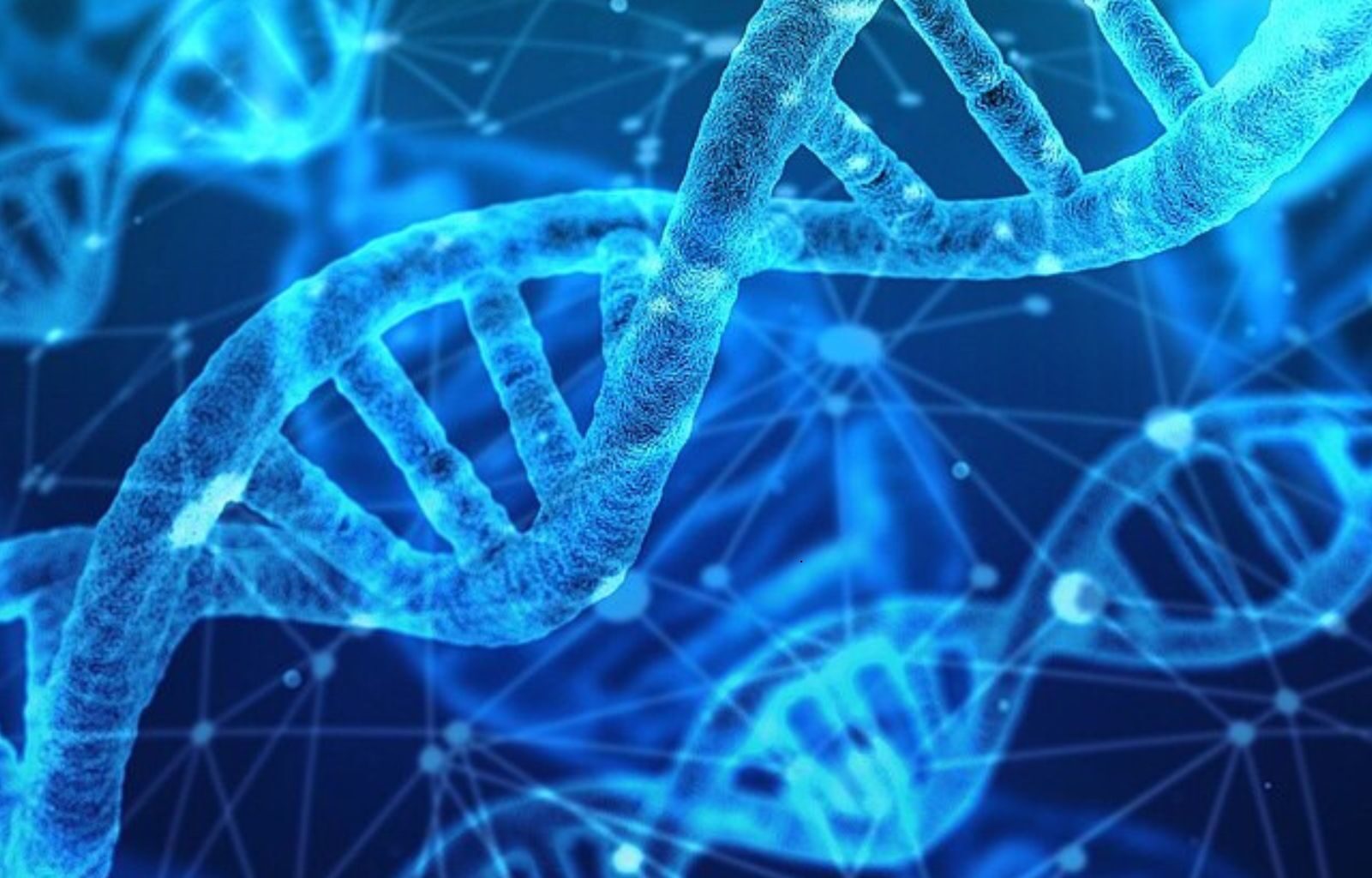
Japan scientists have removed the extra chromosome linked to Down syndrome in lab-grown cells, raising hopes for future treatments. Credit: vediphile / CC BY-SA 4.0
Japan’s researchers say they have found a way to erase the genetic cause of Down syndrome in human cells, using a highly targeted form of gene editing.
The work, carried out at Mie University and published in the journal PNAS Nexus, involved removing the extra copy of chromosome 21 from lab-grown cells. Down syndrome, also called trisomy 21, occurs when a person is born with three copies of this chromosome instead of the usual two. The condition affects roughly one in every 700 babies born in the United States and can lead to learning delays, developmental differences, and a higher risk of several medical problems.
The scientists used a specialized editing method to focus only on the surplus chromosome. Once it was gone, the altered cells began to act more like typical ones, showing changes in gene activity linked to brain and nervous system development. Cells also multiplied more quickly, which researchers believe could indicate relief from the strain caused by the extra genetic material.
Gene editing may help remove down syndrome
The team tested the method on skin cells taken from adults with Down syndrome. In some cases, the extra chromosome was successfully removed even in these mature cells, not just in early developmental stages. This suggests that the approach might one day be used beyond embryos or early-stage cells—an important step toward potential therapies.
However, the process is far from ready for medical use. The scientists noted that their editing tool sometimes affected healthy chromosomes, meaning accuracy must be improved before it could be safely tested in people. Even so, the study demonstrates that modern gene-editing systems can do more than fix small DNA errors—they can remove an entire chromosome.
Medical impact and ethical questions
People with Down syndrome often face a variety of health challenges, including heart defects, thyroid disorders, immune problems, and an increased risk of certain cancers. As they age, many also develop dementia linked to Alzheimer’s disease.
The possibility of removing the root cause of Down syndrome has fueled ethical discussions worldwide. Critics point to cases like Iceland, where prenatal testing and selective termination have sharply reduced births of children with the condition. Experts stress that people living with Down syndrome, along with their families, should be central to any debate over whether—and how—such genetic interventions should be used.
